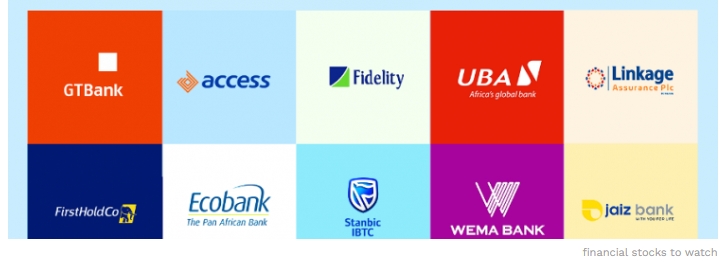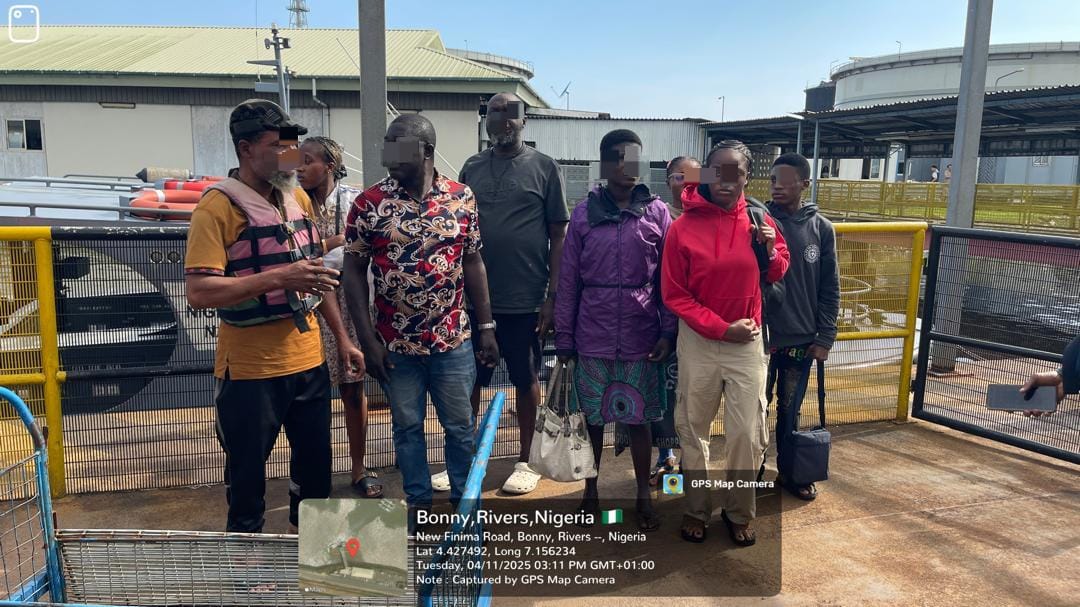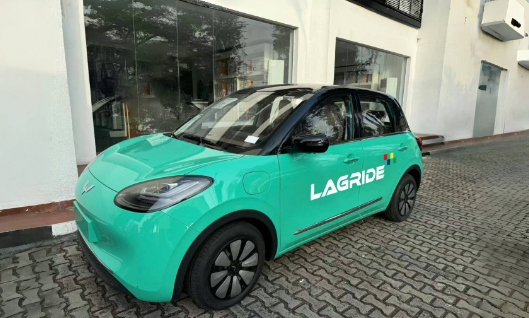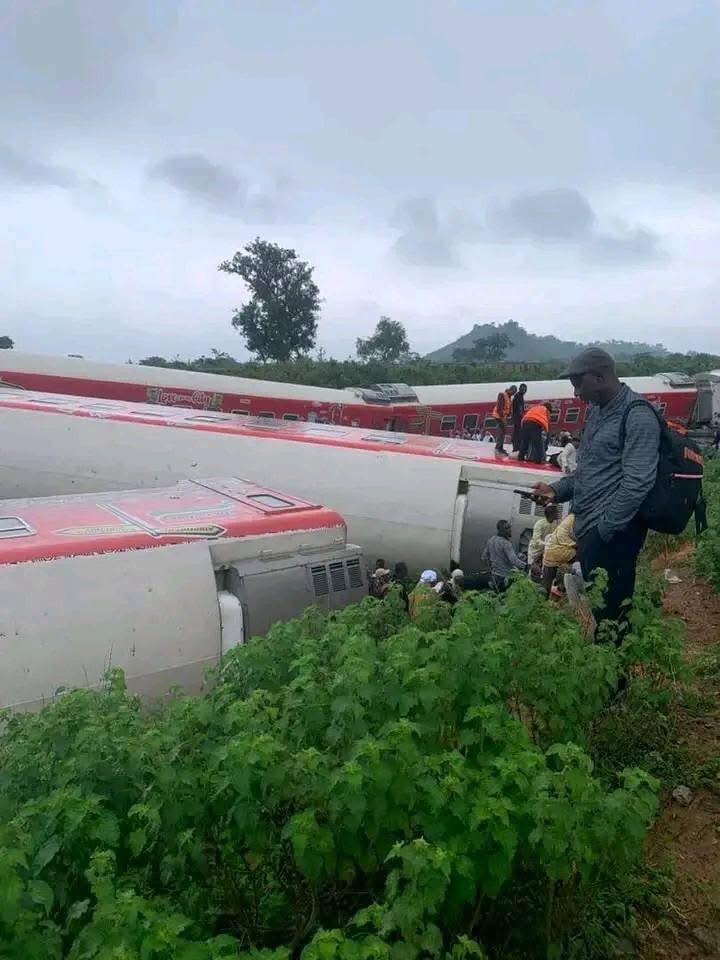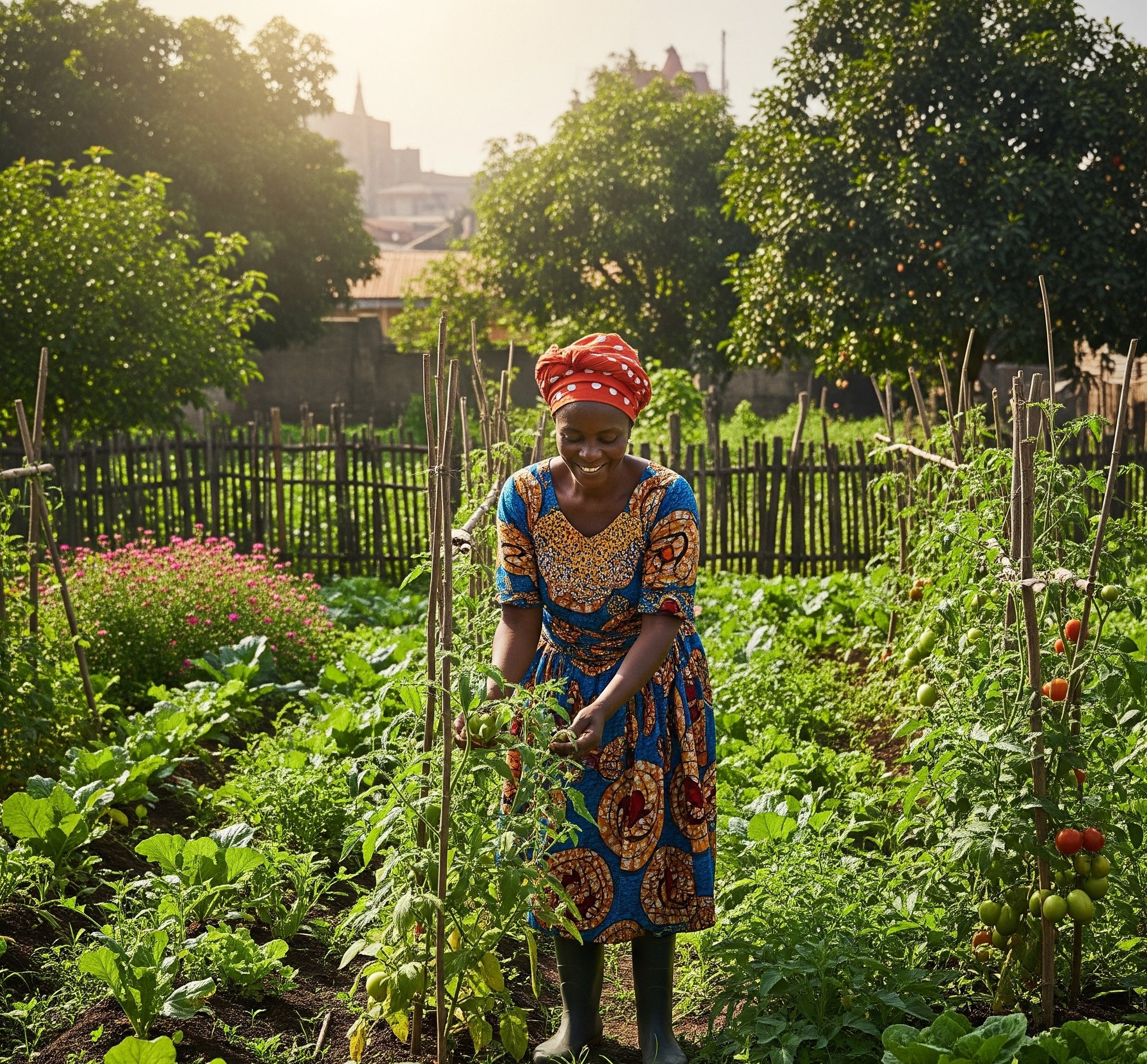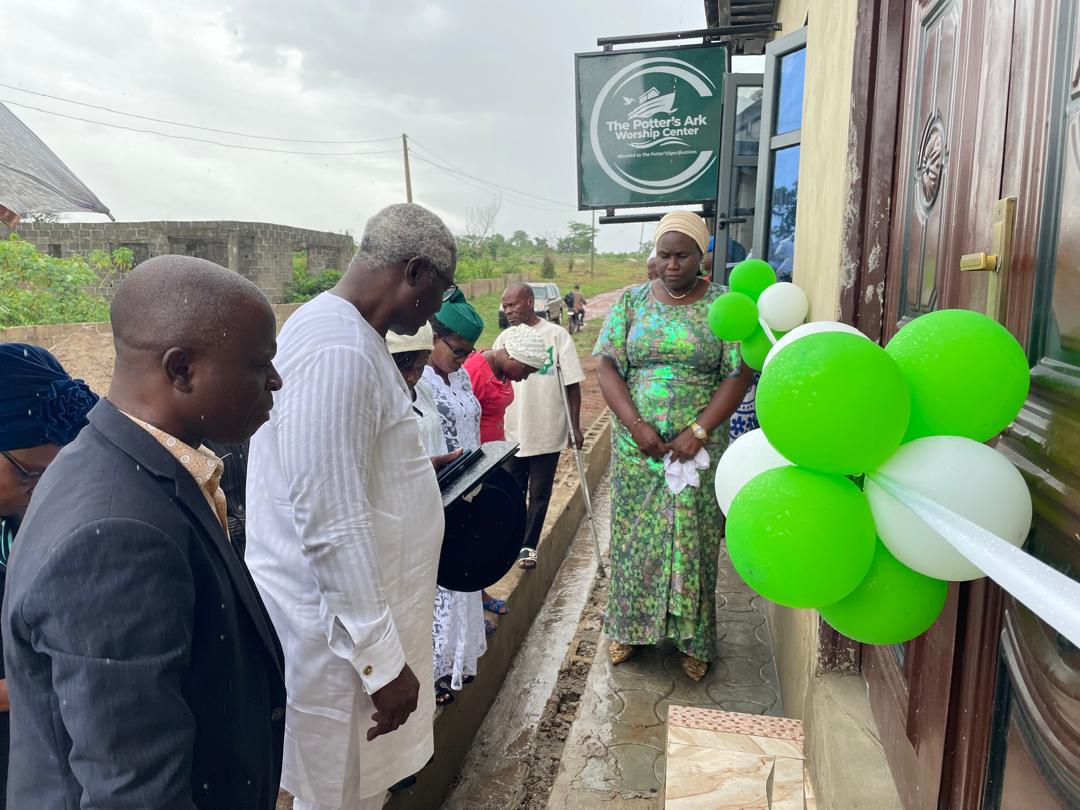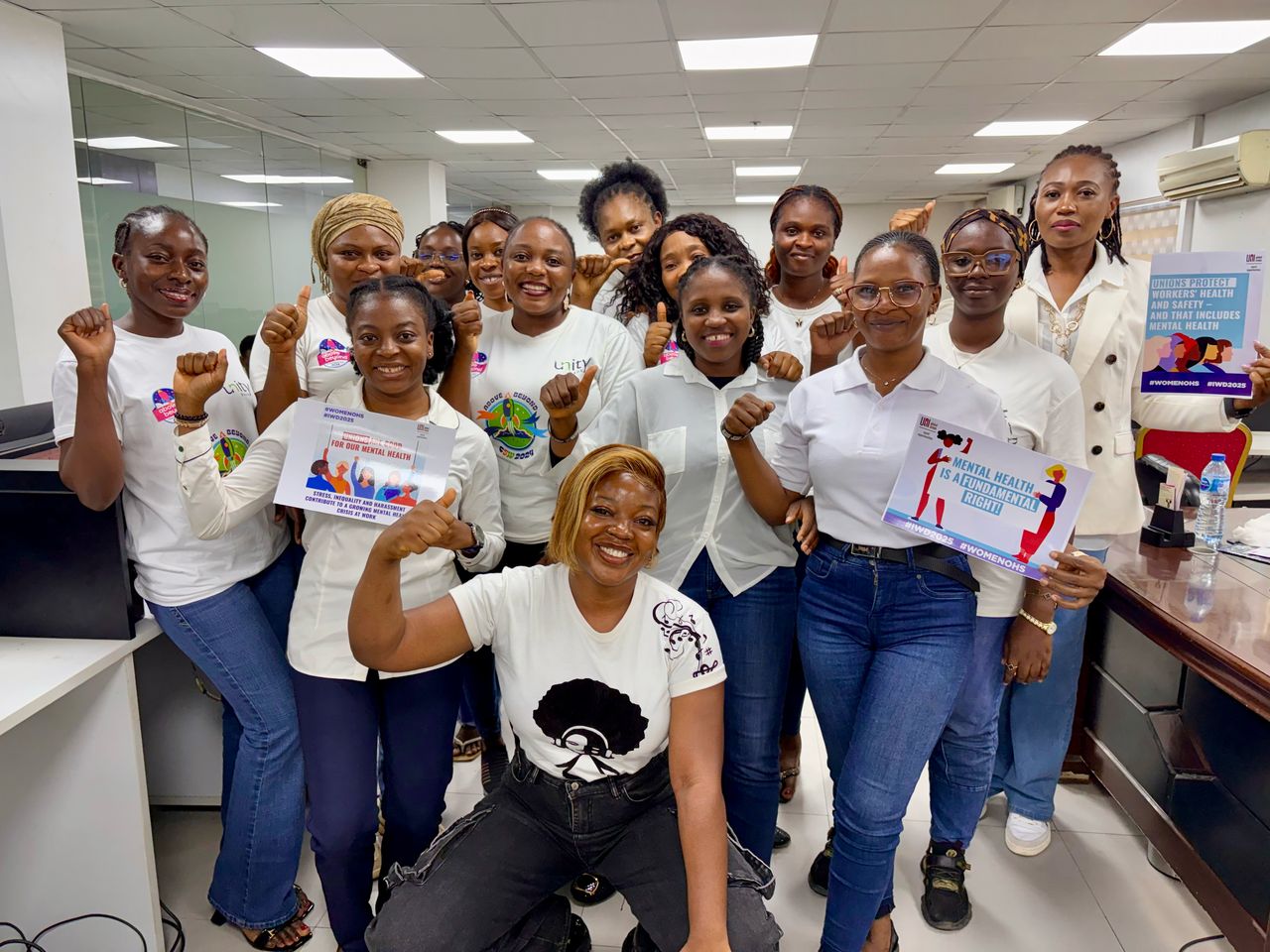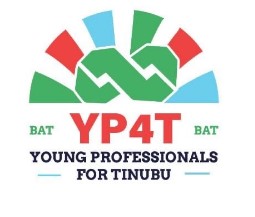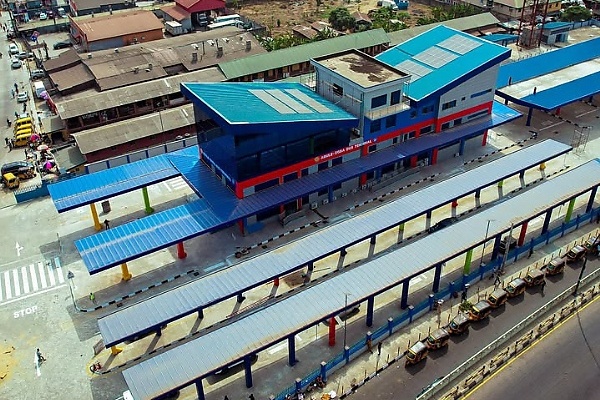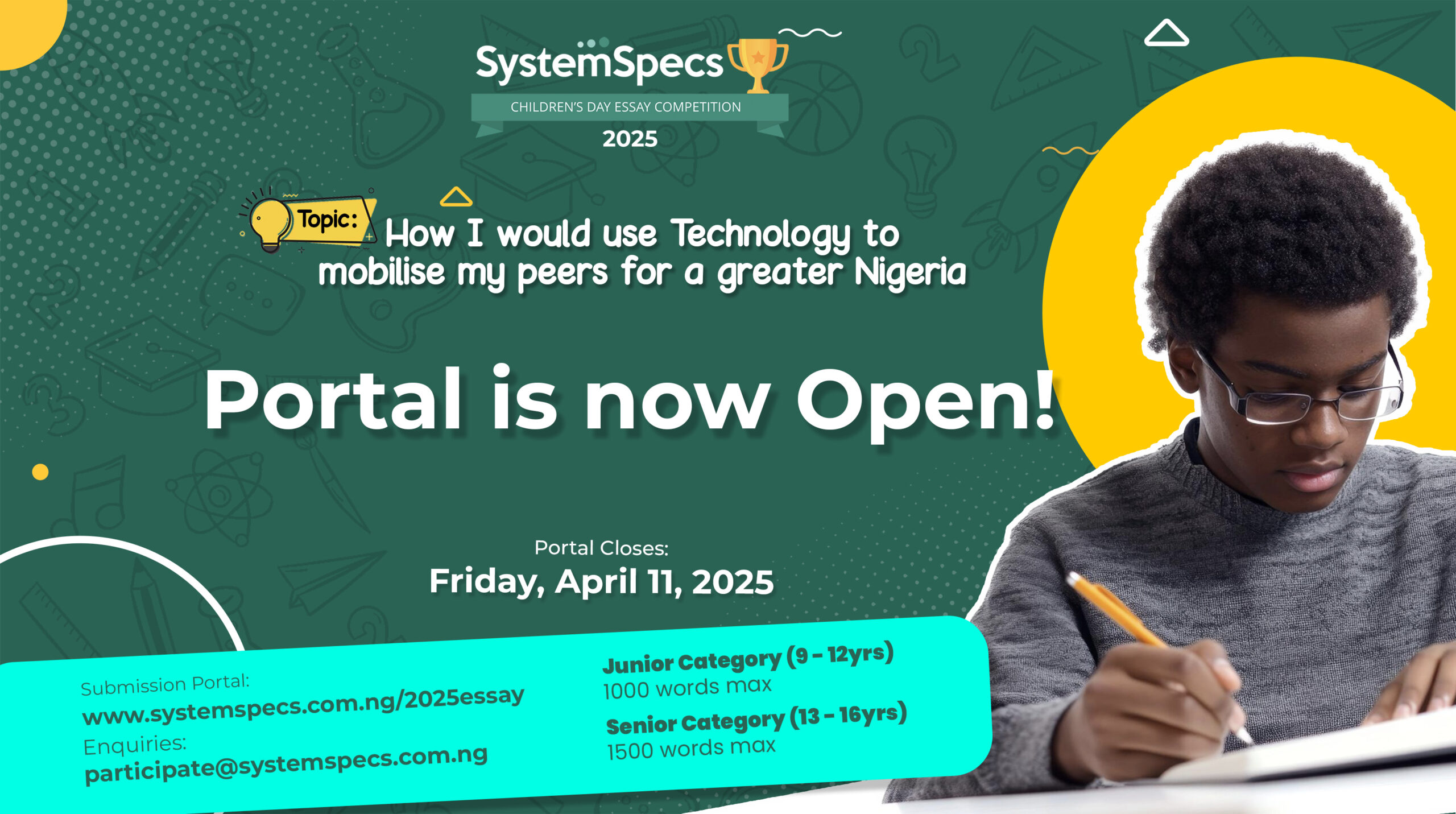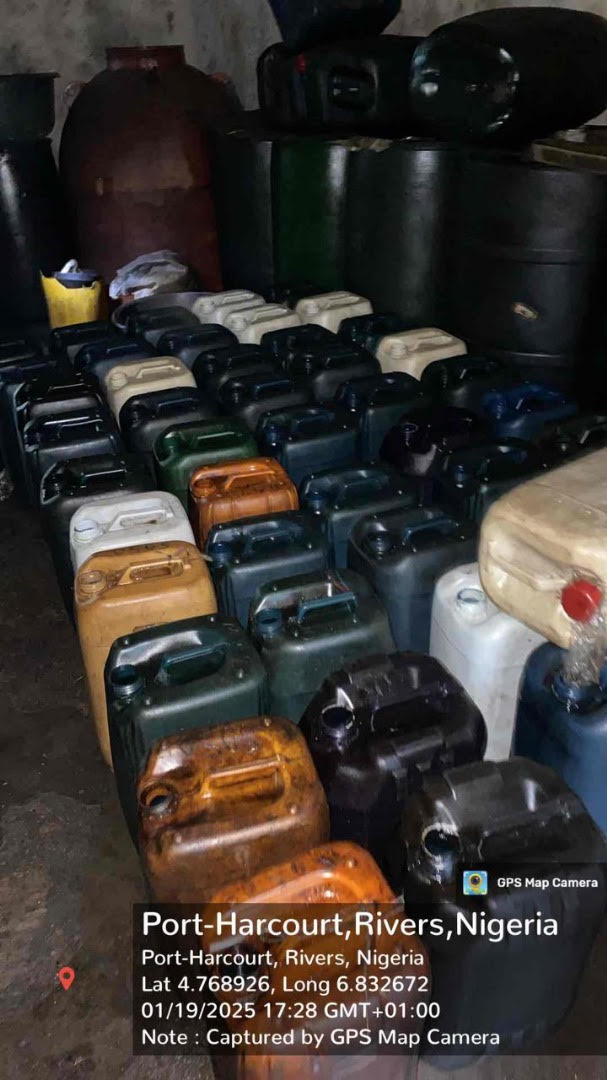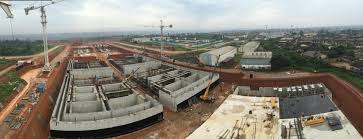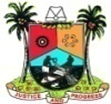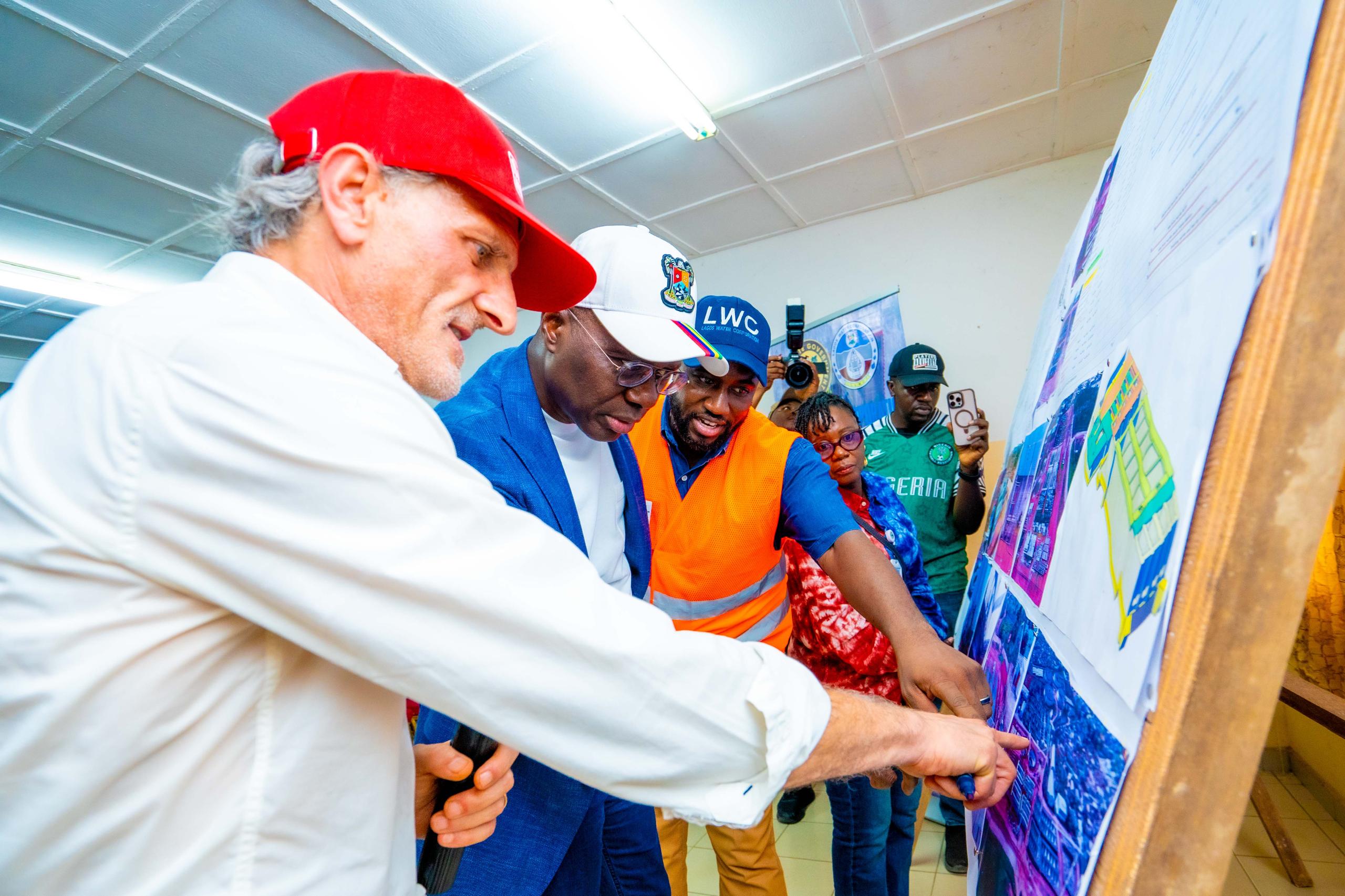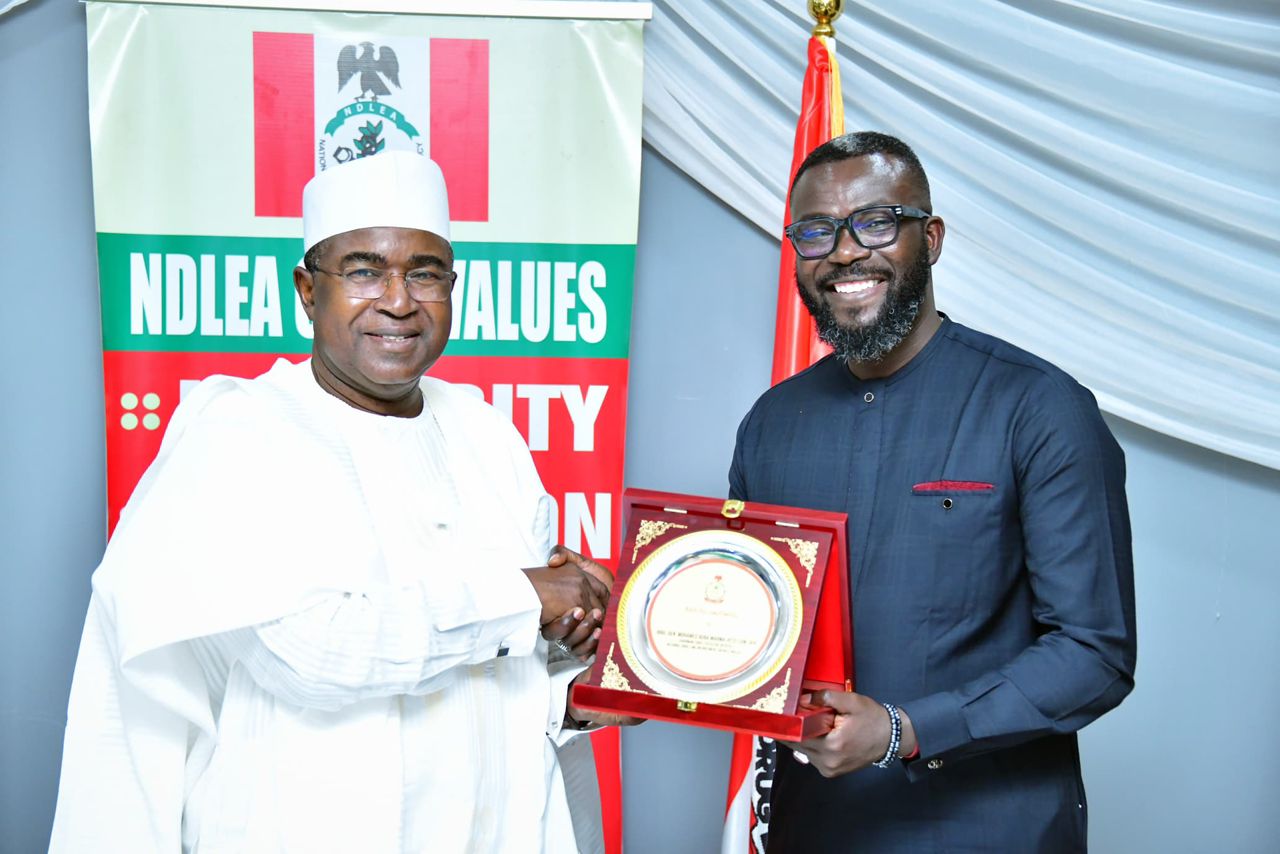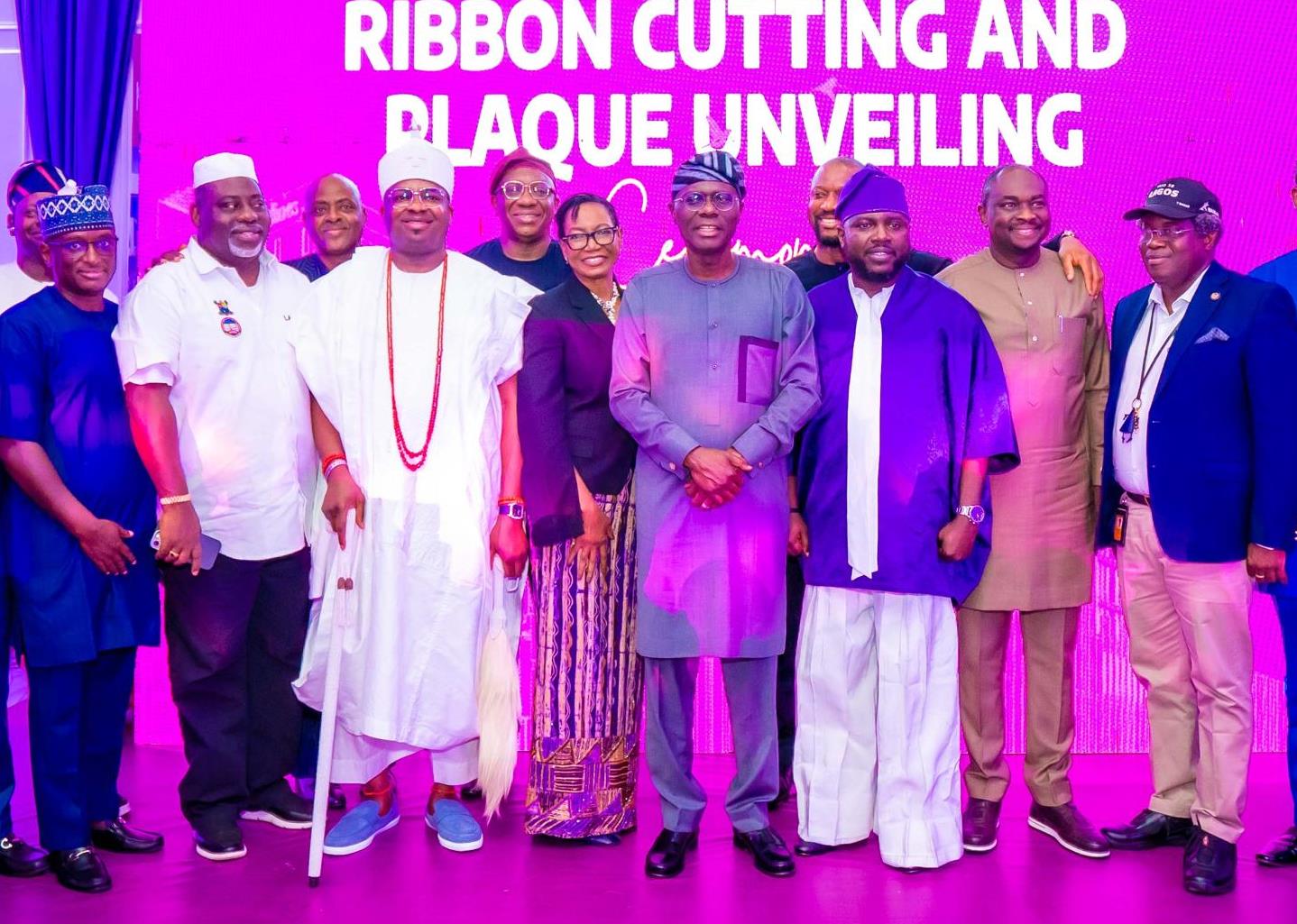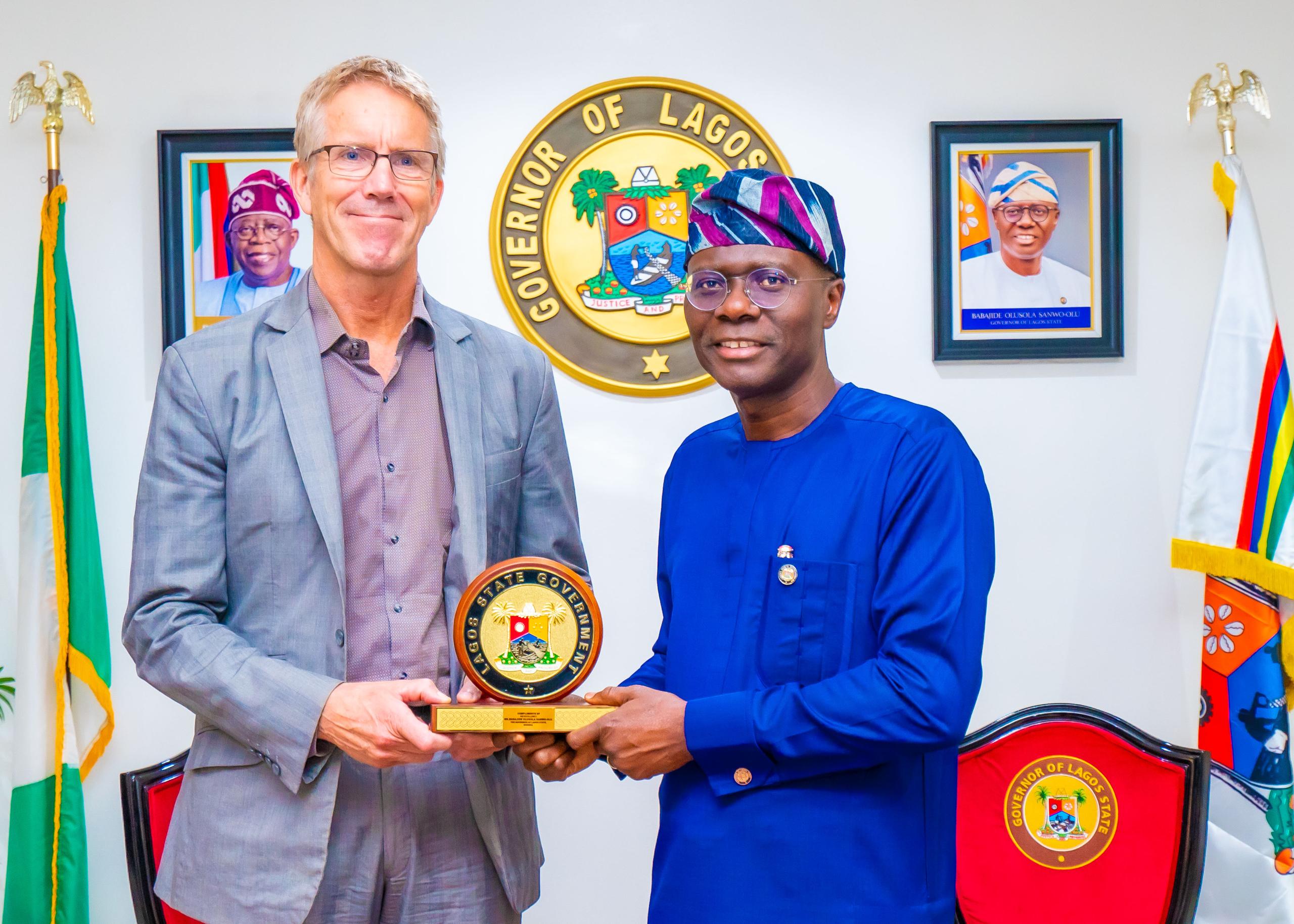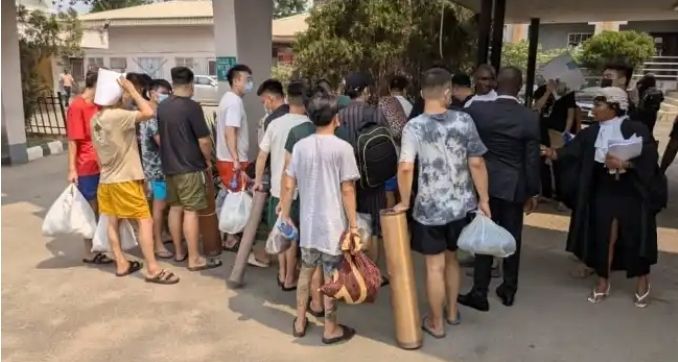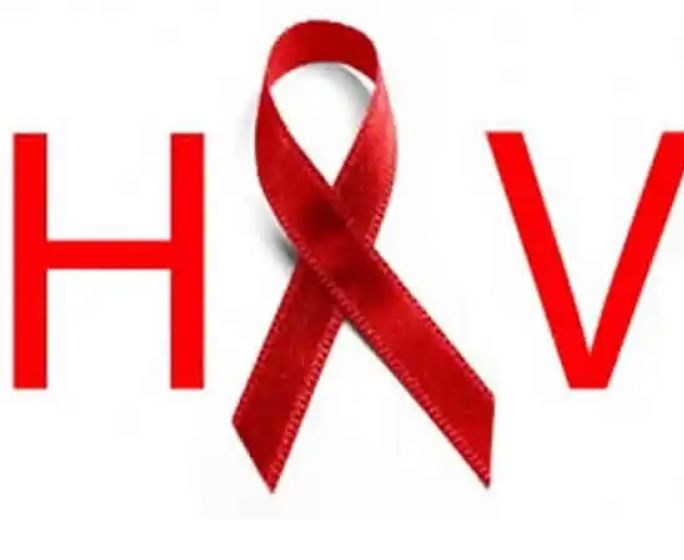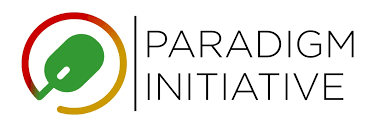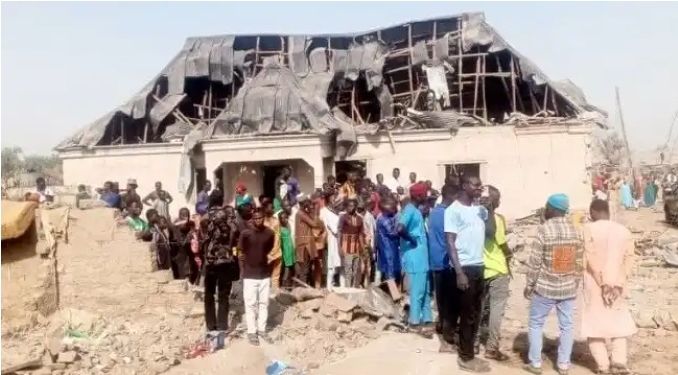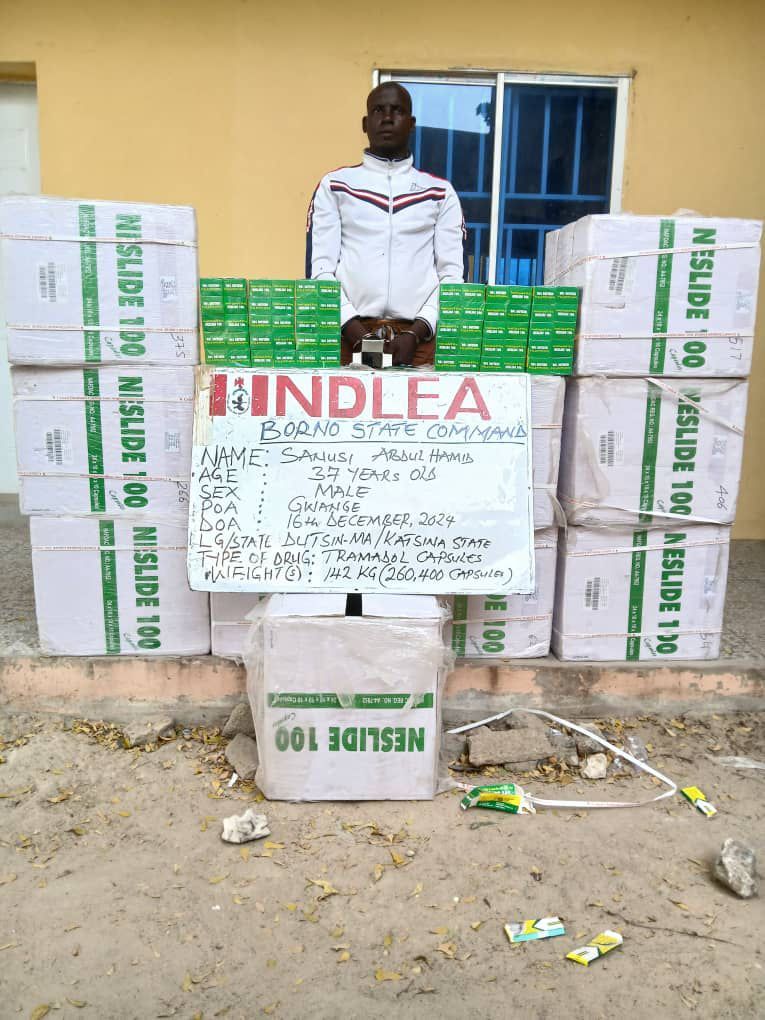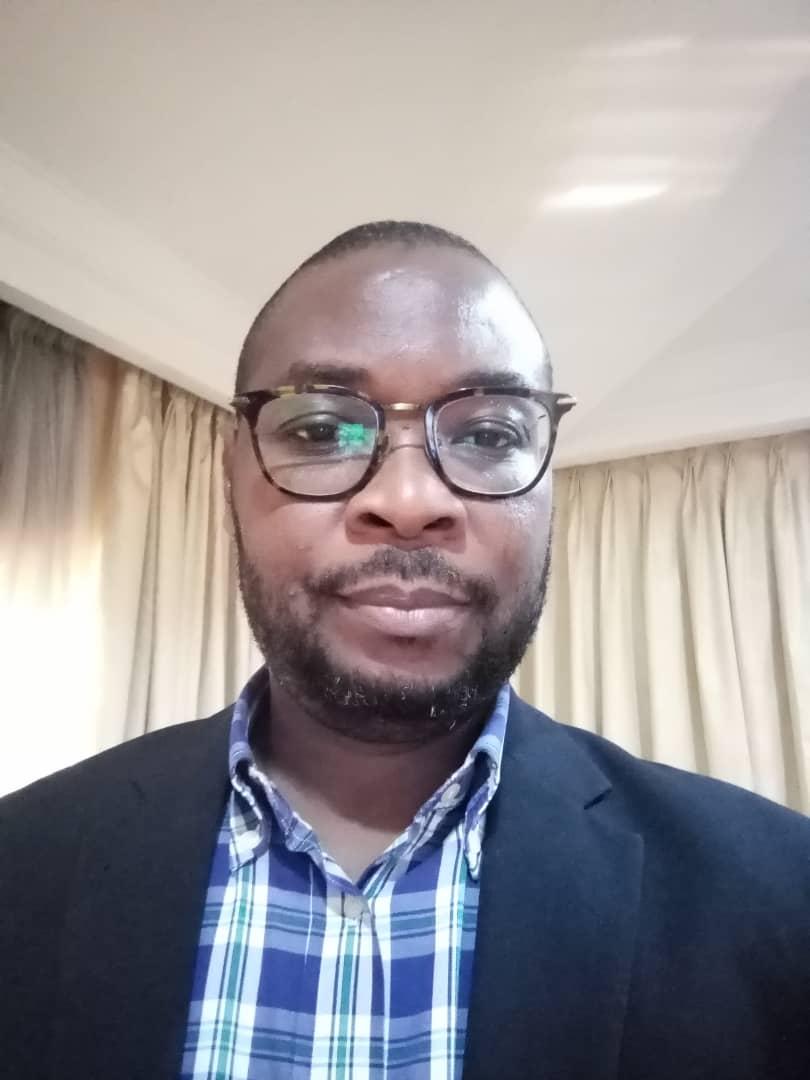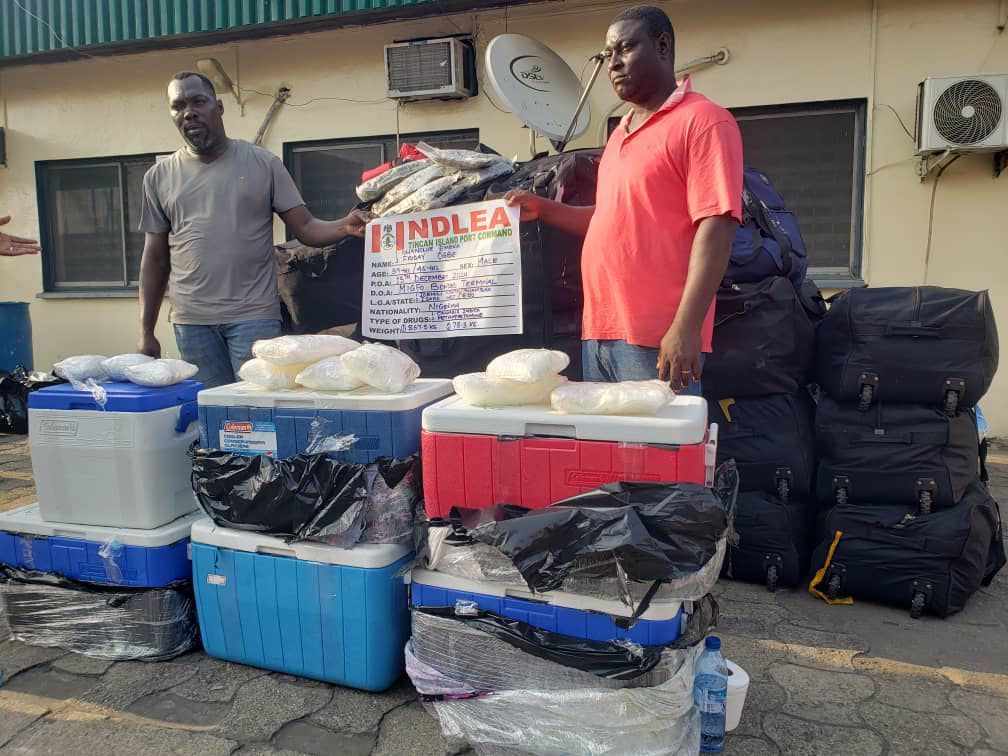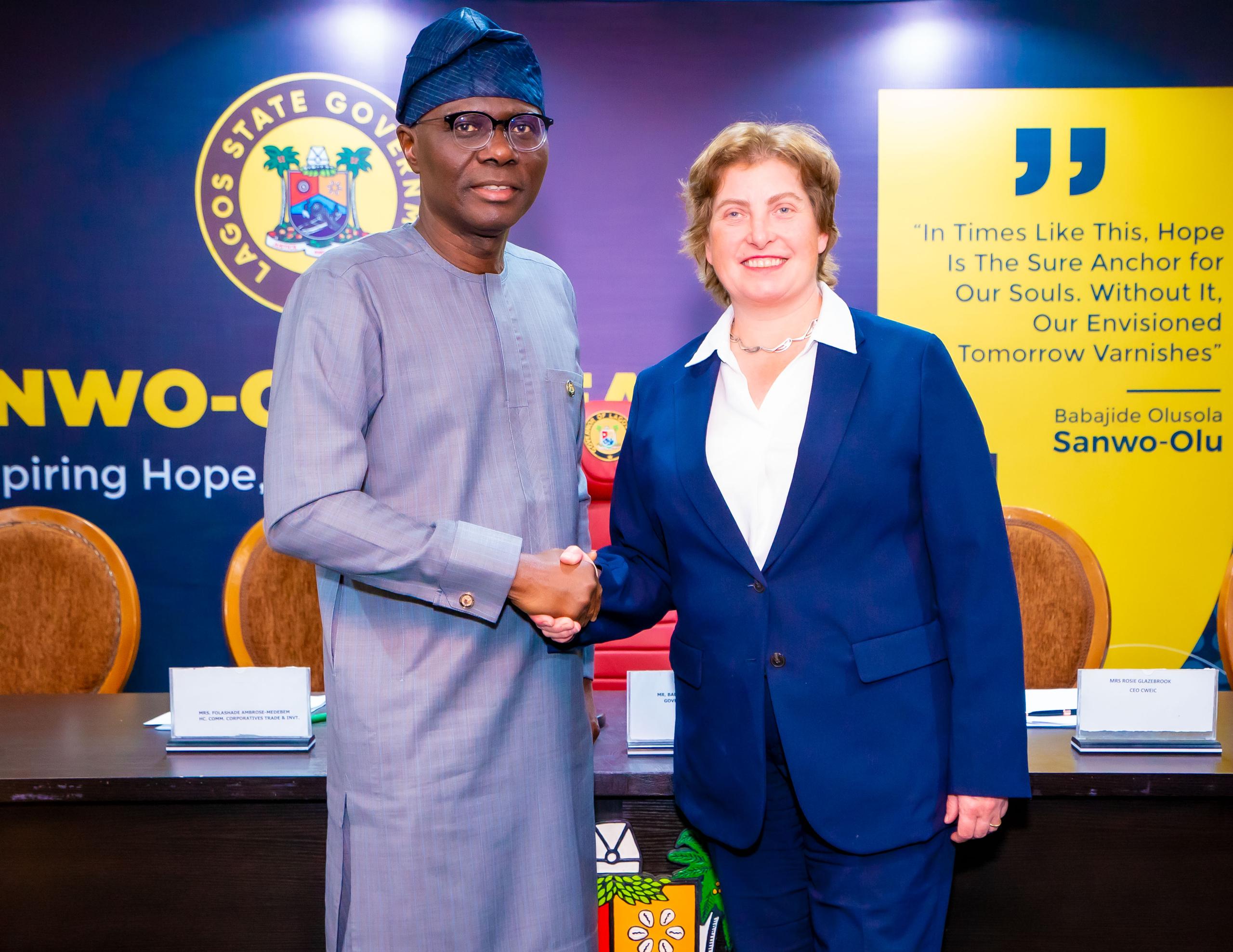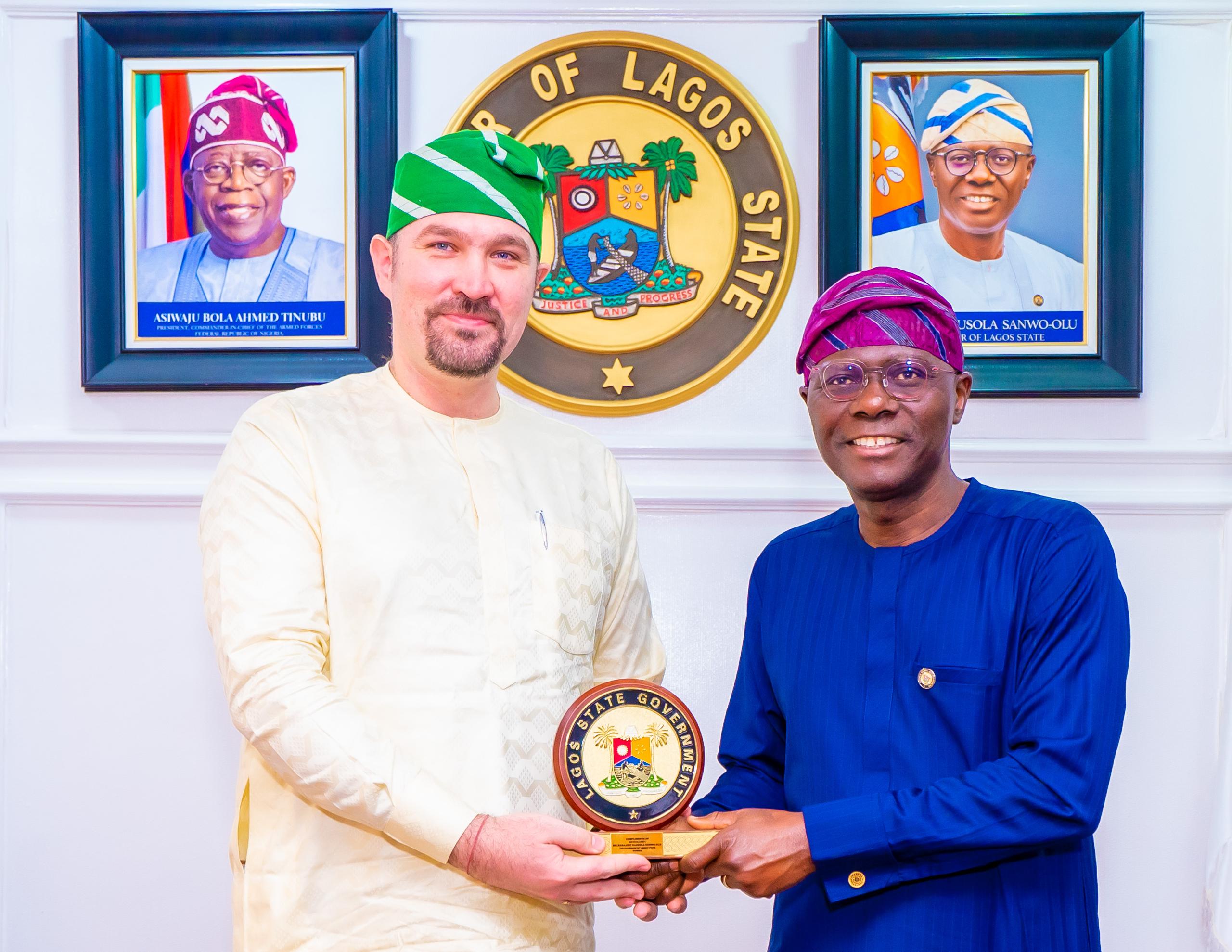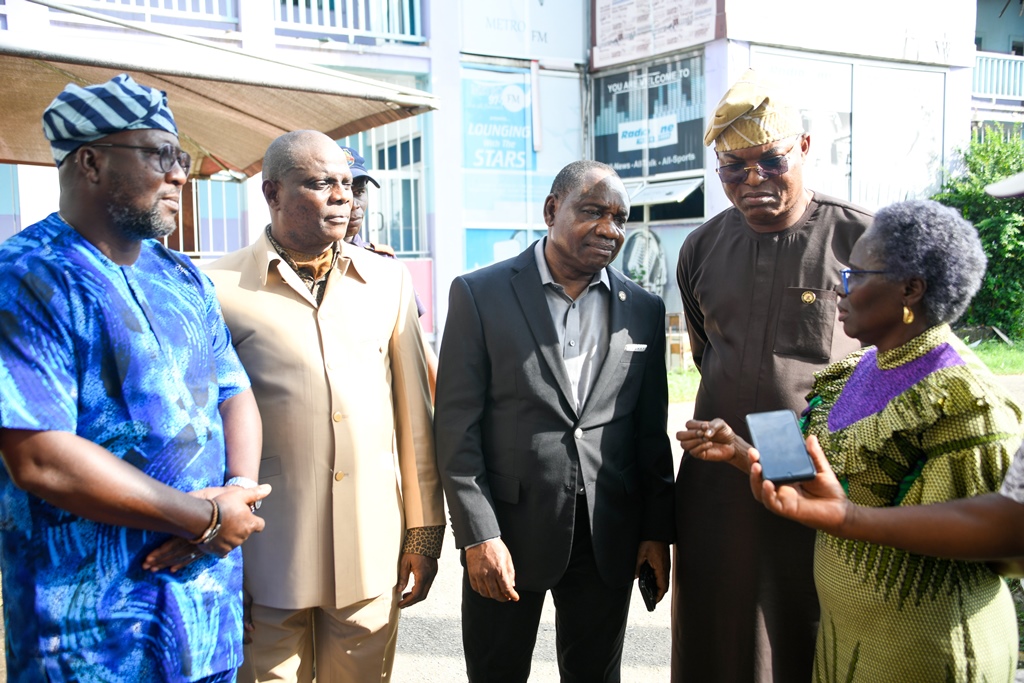Applications open for Startups Accelerator Africa Class 6 and new scholarships in partnership with Pluralsight and Andela
[Lagos] April 2021 – Google has restated its commitment to the startup ecosystem in Africa, announcing the opening of applications for the 6th Class of the Google for Startups Accelerator programme, and the launch of new developer scholarships in partnership with Pluralsight and Andela
The announcements were made during a virtual event at which Google hosted key industry players, policy leads, startup executives and investors driving the growth of Africa’s tech ecosystem. They reviewed opportunities unfolding throughout the internet economy, paying special attention to the support of developers and startups in the region.
Applications for the 6th Cohort of Google for Startups Accelerator programme, a three-month programme that is slated to start on June 21, 2021, will be open until May 14. The online programme, which includes 3 intensive virtual training bootcamps, mentorship and Google product support, is open to applications from 17 countries across Africa, including Egypt, Ethiopia, Ghana, Kenya, Nigeria, Senegal. South Africa, Tanzania, Tunisia, Uganda and Zimbabwe. The aim is to support the growth of the startups through their crucial growth phases.
For Google’s new developer scholarships, Android, Web and Google Cloud scholarships are being offered to beginner and intermediate developers resident in Africa. A total 40,000 scholarships will be offered to developers, spread across Mobile and Cloud development tracks. The top 1,000 students at the end of the training will earn a full scholarship to certify on Android or Cloud development.
“Last year, due to the COVID-19 pandemic, the first virtual class of Google for Startups Accelerator Africa was launched. It was the first all-online iteration of Google’s accelerator program for Africa, and saw 20 startups from seven countries undergo a 12-week virtual journey to redefine their offering, while receiving mentoring and attending workshops. This year, with the 6th cohort, we want to continue to play our part by supporting developers and startups within the Africa tech ecosystem, ensuring they get all the access and support necessary to see them continue to grow,” says Onajite Emerhor, Head of Google for Startups Accelerator Africa.
The African startups ecosystem is a key driver of economic growth on the continent, with Africa’s tech space experiencing a significant upswing in startup success stories. According to the Africa Internet Economy 2020 report, sponsored by Google and IFC, Africa’s Internet economy is poised to boost the continent’s economy by 5.25% in the next five years. The report states that the headwinds caused by COVID-19 will not deter the growth of Africa’s internet economy, which is projected to contribute nearly $189 billion to Africa’s GDP by 2025, increasing to $712 billion by 2050.
“The growth of entrepreneurship is crucial, especially in the African context. African developers and startups play a critical role in the transformation of the African economy, creating new opportunities and paving the way for the economic and social development on the continent that we want to see. We recognise Africa’s exceptional digital potential, and that is why Google is committed to providing this critical support for African startups,” says Nitin Gajria, Managing Director of Google Sub-Saharan Africa.
Google for Startups Accelerator Africa gives early-growth stage startups access to the best of Google – its people, networks, and advanced technologies. The accelerator trains participating startups on technology (AI/ML, Cloud, Android, Firebase), product, data, business, design, people, growth and fundraising, through interactive workshops and labs facilitated by Google experts and mentors.
Google continues to support developer communities across Sub-Saharan Africa, through Google Developer Groups, Developer Student Clubs and Women Techmakers, providing training and support for developers that is aligned with real-life job competency requirements. Community groups engage in activities like Study Jams: study groups facilitated by developers, for developers. Today there are over 120 active developer communities across 25 countries in Sub-Saharan Africa.

